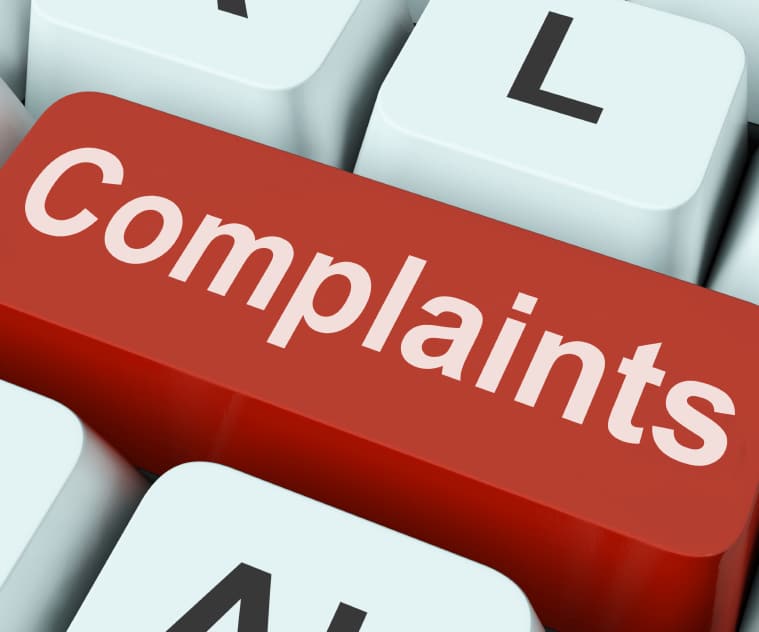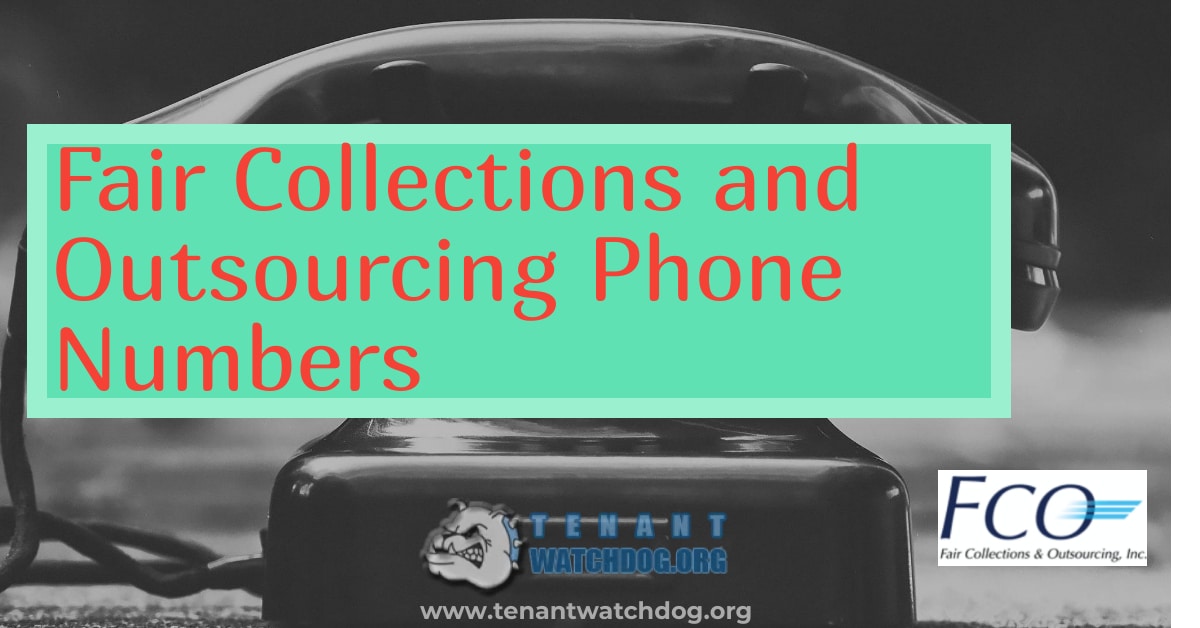Are you struggling with debt? If so, this Protect Your Credit Score from Debt Collectors article will help. You may be dealing with some not-so-pleasant debt collectors who are constantly trying to collect the money they say you owe. It’s a stressful and unpleasant situation that can affect your credit score if not handled properly.
Don’t worry though — while it might seem intimidating, there are strategies that can protect your credit score from the negative impact of debt collectors. In this blog post, we will look at what steps you need to take in order to minimize any damage caused by aggressors who demand repayment and ensure your financial security for years to come.
Protect Your Credit Score from Debt Collectors
Maintaining a healthy credit score is vital for your financial future. It can determine whether you qualify for a loan, a mortgage, or even a job. Unfortunately, dealing with debt collectors can harm your credit score. Here’s how to protect yourself. If your debt is related to and old apartment this makes it difficult to find a new apartment.
Understand Your Rights
The first step to protecting your credit score from debt collectors is understanding your rights under the Fair Debt Collection Practices Act (FDCPA). This law prohibits debt collectors from using unfair, deceptive, or abusive practices. You have the right to dispute any debt if you believe it is not valid, and debt collectors must verify the debt if requested.
The Fair Debt Collection Practices Act (FDCPA) is a federal law that provides a range of protections for consumers and can help Protect Your Credit Score from Debt Collectors. Here are some of the key provisions:
- Communication: The FDCPA limits when and how often a debt collector can contact you. They cannot contact you at inconvenient times or places, such as before 8 a.m. or after 9 p.m., unless you agree to it.
- Harassment: Debt collectors may not harass, oppress, or abuse you or any third parties they contact.
- False statements: Debt collectors may not lie when they are trying to collect a debt. For example, they cannot falsely claim that they are attorneys or government representatives.
- Unfair practices: Debt collectors may not engage in unfair practices when they try to collect a debt. For example, they cannot try to collect any interest, fee, or other charge on top of the amount you owe unless the contract that created your debt – or your state law – allows the charge.
- Debt validation: Debt collectors must send you a written notice telling you the amount of money you owe, the name of the creditor to whom you owe the money, and what action to take if you believe you do not owe the money.
- Legal actions: Debt collectors cannot threaten you with legal action that they don’t intend to take or that is not allowed.
- Contacting third parties: Unless you explicitly agree, debt collectors cannot discuss your debt with anyone other than you, your spouse, or your attorney.
- Ceasing communication: If you send a letter to the debt collector requesting that they stop contacting you, they must cease all communication except to tell you there will be no further contact or to notify you that the debt collector or the creditor intends to take some specific action.
- Disputing the debt: If you dispute a debt in writing within 30 days after you receive the required information from the debt collector, the debt collector cannot call or contact you until after your dispute has been investigated and the debt collector has provided the verification of the debt.
- Garnishment: The FDCPA provides specific guidelines on wage garnishment and seizing property, preventing collectors from taking extreme measures without proper legal procedures.
Monitor Your Credit Reports
Regularly monitoring your credit reports is crucial. You’re entitled to a free credit report from each of the three major credit bureaus (Experian, Equifax, and TransUnion) once every twelve months through AnnualCreditReport.com. Regular monitoring will enable you to spot any suspicious activity or errors and dispute them before they harm your credit score.
Know How to Dispute Incorrect Information
If you find inaccurate information on your credit report, you have the right to dispute it. This process typically involves writing a letter to the credit bureau and providing any supporting documentation. Thisw is an important aspect to this Protect Your Credit Score from Debt Collectors article.
If the bureau agrees with your dispute, they must remove the inaccurate information from your credit report, which could help to improve your credit score.
Can I Negotiate with Debt Collectors
If the debt is yours and it’s valid, you can negotiate with debt collectors. You might be able to arrange a payment plan, or even settle the debt for less than you owe. Always get any agreement in writing. Just be aware that settling a debt for less than the full amount owed can also negatively impact your credit score.
If your debt is valid and you’re unable to pay the full amount, it’s possible to negotiate a settlement with the debt collector for a lower amount.
The discount on your debt can vary widely, depending largely on the age of the debt and the willingness of the debt collector to negotiate.
As a rule of thumb, debt collectors might accept between 40% to 60% of the total debt, but in some cases, you might be able to negotiate even bigger discounts.
Do keep in mind that settling a debt for less than the full amount might negatively impact your credit score, so it’s important to consider this option thoroughly and possibly seek advice from a financial advisor before proceeding. Make sure to checkout our other Free Debt Collection Articles.
Steps in Negotiating with Debt Collectors
When you’re negotiating with debt collectors, it’s crucial to know the best practices to protect your rights and your credit score. Below are the steps to follow:
- Verify the Debt: Before you start any negotiation, ensure that the debt is valid and it’s yours. Ask for written proof of your indebtedness from the debt collector.
- Know Your Rights: Familiarize yourself with the Fair Debt Collection Practices Act (FDCPA). This law gives you the right to negotiate a settlement that works for you without harassment or unfair practices from debt collectors.
- Stay Calm and Professional: Maintain respectful and professional communication. Remember, you have the right to dispute or negotiate the debt.
- Develop a Repayment Plan: Based on your current financial situation, create a realistic repayment plan that you can stick to. Be transparent with the debt collector about what you can afford.
- Negotiate a Settlement or Payment Plan: If you can’t pay your debt in full, try to negotiate a reduced settlement or a payment plan. Ensure the agreement is something you can maintain to avoid falling back into debt.
- Get Everything in Writing: This is crucial. Once you’ve reached an agreement, have it documented. This will serve as proof of your agreement in case of future disputes.
- Keep Records: Save all correspondences and keep records of all payments made. This will help you track your progress and resolve any potential issues that may arise.
Remember, if they refuses to negotiate or if you feel your rights are being violated, you can seek legal advice or report the collector to your state’s attorney general and the Consumer Financial Protection Bureau.
Pay for Delete: Best Option
A ‘pay for delete’ is a strategy sometimes used when negotiating with debt collectors. In a pay-for-delete agreement, the debtor agrees to pay the full amount (or a negotiated amount) of the debt in exchange for the debt collector agreeing to remove the record of the debt from the debtor’s credit report. You can negotiate a payfordelete agreement.
This can be a beneficial approach if successful, as it can lead to a significant improvement in your credit score and Protect Your Credit Score from Debt Collectors. This is the best option to remove collections from your credit report. However, it’s important to note that not all debt collectors will agree to a pay-for-delete arrangement, and the credit reporting agencies do not support this practice as it might breach their reporting policies.
Always ensure to get any agreements with debt collectors in writing.
Effective Strategies
- Do Your Homework: Understand your debt situation thoroughly. Know who you owe, how much, and when it was due. Check the statute of limitations to make sure the debt is still legally enforceable.
- Set a Budget: Before negotiating, determine how much you can realistically afford to pay. Stick to this number when negotiating and do not agree to a payment plan that is outside of your budget.
- Start Low: In your initial offer, start with a lower percentage of your total debt. This gives you room to negotiate upwards if necessary. But remember, keep your budget in mind.
- Don’t Rush: Negotiations may take several calls or letters over some time. Don’t rush into an agreement without thinking it through carefully.
- Get It in Writing: Once you reach an agreement, get the debt collector to provide a detailed written agreement. This should include the new agreed-upon amount, how it should be paid, and that the remaining debt will not be pursued once the agreed-upon amount is paid.
It is crucial to check Tenant Watch Dogs’ debt collection agency reviews before embarking on the debt negotiation process. This review provides essential insights into the debt collector’s practices and their track record with past clients.
As a consumer, this information can give you a sense of what to expect.
- Are they known for fair practices?
- Are there complaints about harassment or violations of the Fair Debt Collection Practices Act (FDCPA)?
As part of this Protect Your Credit Score from Debt Collectors article its important to have as much information as possible. Answers to these questions can influence your approach to negotiation, including how to communicate and what settlement terms to propose.
Furthermore, these reviews can provide information about the success rate of previous debtors in negotiating with a particular collector. This can inform your strategy in terms of initial offers and potential settlement amounts. Knowing if others have successfully negotiated lower settlements or favorable payment terms can give you confidence in your negotiations and help set realistic expectations.
Protect your credit score from debt collectors FAQ’s
What is the 777 rule with debt collectors?
The rule states that a creditor must not contact any consumer whom owes them money more than seven times within a 7-day period.
What is the 11 word phrase to stop debt collectors?
Please cease and desist all calls and contact with me immediately. however a collection account will stay on your credit report until it is resolved.
How do I protect myself from debt collectors?
The best option is to keep an eye on your credit reports for any collection accounts that show up. If one shows up you will need to remove collections from your credit.
How many points does your credit score go down with a collection?
Based on other consumers that have left reviews on our site it can drop up to 100 points.
Conclusion
It’s important to remember that you have the right to protect your credit score from debt collectors. If your credit score takes a hit, it can be hard to get approved for mortgages, car loans, and other types of financial products. Take the steps outlined in this Protect Your Credit Score from Debt Collectors article and make sure you exercise all of your rights when it comes to dealing with debt collectors.
Taking the time now can help you save money and stress down the road. Finally, don’t forget to check out our reviews on top debt collection agencies so you have a better idea of which one is more likely to deal fairly with you. We also recommend doing additional research like this Protect Your Credit Score from Debt Collectors article before entrusting any agency or company with personal and financial information. A little extra effort now could save you much heartache in the future. We hope you enjoyed this Protect Your Credit Score from Debt Collectors article, make sure to share and bookmark for later use.
Hunter Warfield Collection Complaints Advice for 2025
In this Hunter Warfield Collection Complaints article we take a deep dive into the most important information about Hunter Warfield…
2025 Fair Collections Outsourcing Phone Numbers Best Contact Info
Fair Collections Outsourcing Phone Numbers. Are you getting calls from FCO Collections, find out with this full list of…
Quickly Remove Hunter Warfield from Credit Take Advantage of These Strategies 2025
Quickly Remove Hunter Warfield from Credit. Learn how to remove Hunter Warfield from your credit report and the exact…
Like this Protect Your Credit Score from Debt Collectors Article? Please share with any consumer that needs information like this!





2 Responses